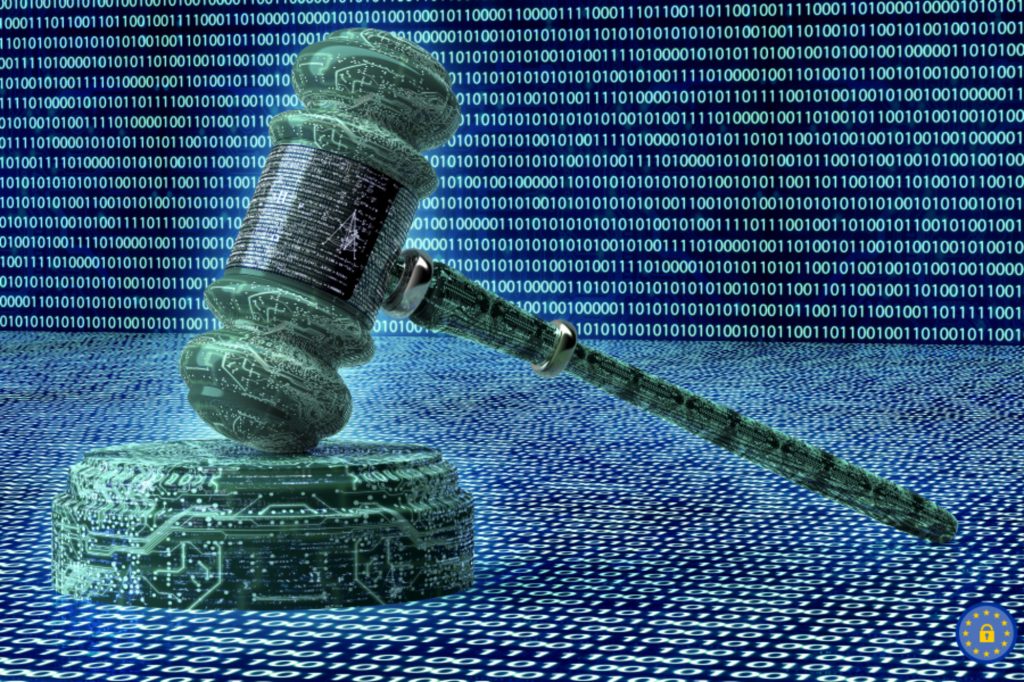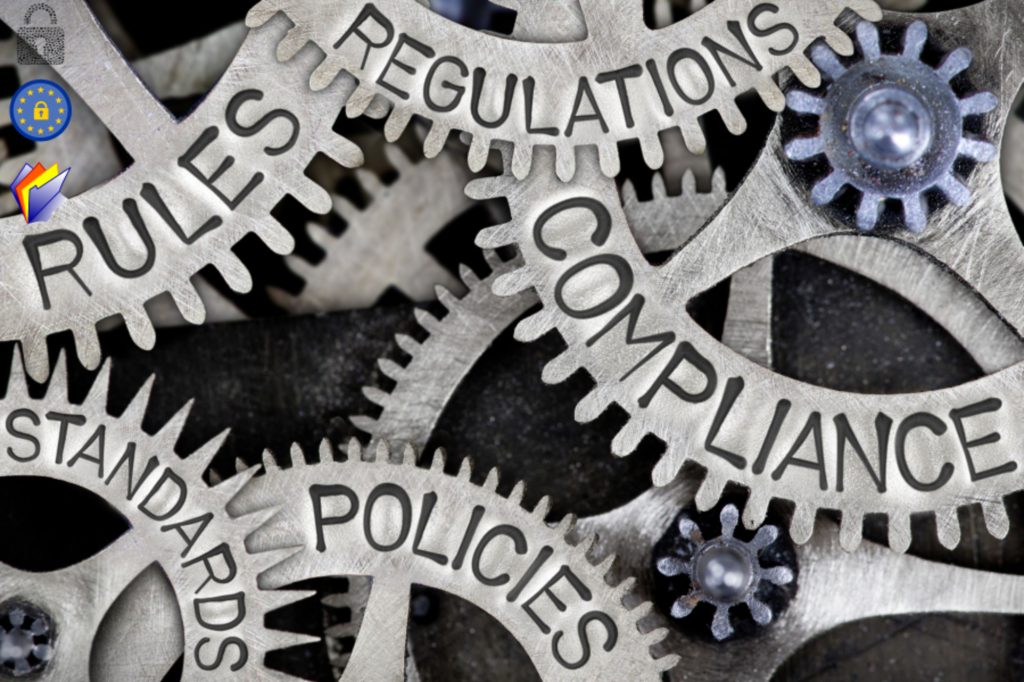Digital rights are human rights that are expressed and translated into the domain of the digital sphere. They are basically human rights that arise in the technological era.
Digital rights stem from the equal and inalienable rights laid out in the United Nation’s Universal Declaration of Human Rights.

Examples of Digital Rights include : The Right to Data Protection and online privacy, The Freedom of online expression, Intellectual Property Rights, Right to access and use digital content, Right to our online identity, Right to create and share digital media etc.
Information Technology affects common issues such as, copyright protection, intellectual freedom, accountability, privacy, and security. As we increasingly conduct our lives online — shopping, socializing and sharing information — our digital rights, particularly the rights to privacy and freedom of expression, are becoming more important.
We therefore need to understand how our data is being used by companies, governments and internet giants such as Facebook, Google, Tik-Tok, Instagram, WhatsApp and others. Is our data being handled fairly and scrupulously, or sold or shared without our consent?
Most internet users today spend little or no time, reading the terms and conditions that come with the various apps and software they download and use on a daily basis. The above mentioned terms and conditions usually have ramifications on what these tech-companies get to do with your personal information once it is collected as you use their software.
Many software users casually tick-off the terms and conditions box before using software, without the knowledge that they may have consented to the sale of their personal information to third parties e.g. the government and advertising companies that incorporate Big-Data marketing techniques.
Digital Rights in African Countries.
A fast growing number of citizens in Africa are using Information and Communications Technology (ICT) on a regular basis, which has made digital technologies pivotal to the enjoyment of their rights and improvement of their livelihoods.
However, many African governments are taking initiatives that undermine internet access and affordability and weaken the potential of digital technologies to drive innovation or to catalyze free expression and civic participation.
There has been an increase in digital rights violations such as arrests and intimidation of online users, internet blockages, and a proliferation of laws and regulations that undermine the potential of technology to drive socio-economic and political development on the continent.
Regressive online content regulation and taxation.

In purported efforts to fight hate speech, misinformation (fake news), among others, it has become common practice across the African region to pass legislation that is stringent and restricts online content.
For example in Kenya in 2018, the Computer Misuse and Cybercrimes Act was enacted, which various human rights defenders argued that it contravenes the rights to freedom of expression, privacy and association.
The Act introduced offences such as publication of false information, cyber harassment, unauthorized interference and unauthorized interception, which “are phrased so vaguely that it is impossible to tell the conduct targeted by these sections.”
African countries have also moved to tax income generated from online content on social media platforms, in a bid to acquire revenue from the rapidly growing digital landscape.
In Kenya, through the Finance Act of 2019, the Kenyan Government introduced the taxation of income accruing through a digital marketplace, a move that has been opposed by many social media entrepreneurs, who are mostly in the youth age bracket.
Network Disruption.
In recent years, more than 20 African countries have ordered disruptions to the internet, with popular social media platforms such as Facebook, WhatsApp, Twitter among the services targeted. Some countries have ordered a slowdown of the overall internet.
Internet disruptions are mostly ordered by governments eager to curtail citizens’ access to information in order to limit what the citizens can see, do, or communicate.
In ordering such shutdowns, governments often cite digital technologies’ increasing usage to spread disinformation, propagate hate speech, and fan public disorder and undermine national security.
Surveillance and Data Privacy.
Privacy is a fundamental human right yet, there is a challenge of upholding the right to privacy and protection of personal data. At the moment, only about 23 African countries have enacted data protection legislation.
Nonetheless, this has not stopped many African states from embarking upon mass personal data collection drives and, increasingly, the nature of personal data being collected is expanding, to include biometric data, for instance.
Without a comprehensive data protection law (and an accompanying practice by government agencies and the private sector which robustly protects such data), users’ personal data is at a big risk of abuse by state and non-state actors. The misuse of personal data by security and intelligence agencies amidst inadequate judicial and parliamentary oversight over surveillance activity is one such example.
Of note is that in many countries, telecoms and Internet Service Providers are required by law to comply with information requests or requests for surveillance assistance, including the common requirement to install software with technical capacity to conduct surveillance and to enable active communications monitoring.
In most African countries still, various government officials and offices can demand for users’ data direct from telecom operators, which also creates latitude for violating user’s privacy.
Way Forward.
Digital literacy: There is need for digital literacy campaigns as internet penetration in the continent increases. This will ensure the population is well informed on their digital rights and places them in a better position to defend their digital rights, in the event of any infringement of those said rights.
Advocacy work: It is crucial to grow awareness about digital rights and the importance of observing them. Advocacy efforts need to be informed by robust and independent digital rights research, which explains the problem at hand and succinctly suggests practical solutions.
Litigation for digital rights: Promoters of internet freedom should actively challenge laws and practices that stifle digital rights through courts of law. Digital Rights advocates should also strive for the enactment of legislation that serves to protect their digital rights.
By: Brian Mabeya


